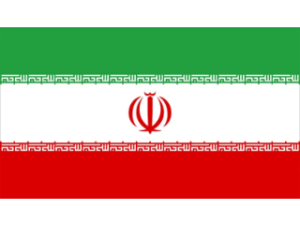Climate Justice Confernce Baghdad

Baghdad Confernce
Venue: YTD
Time: YTD
January 4, 2024
Impacts of Climate Change on Iraq: Security Concerns and Imperatives of Climate Justice
Climate change has significant ramifications in Iraq, impacting both its environment and security. Rising temperatures intensify heatwaves, exacerbate water scarcity, and disrupt agriculture, affecting food security and livelihoods. Extreme weather events can lead to displacement, straining resources and potentially fueling social unrest. The degradation of natural resources amplifies existing vulnerabilities.
Iraq’s susceptibility to climate-induced security risks is evident through water scarcity-driven tensions, resource competition, and displacement. Deteriorating ecosystems and agricultural productivity can exacerbate socio-economic disparities, contributing to instability.
Climate justice is paramount for Iraq’s sustainable future. Vulnerable communities, often least responsible for climate change, bear the brunt of its effects. Equitable policies that ensure access to resources, basic services, and adaptive capacities are crucial. Addressing climate injustices can alleviate potential security threats by promoting resilience, inclusivity, and stability.
Collaborative efforts among governments, communities, and international organizations are vital. Integrated strategies, such as sustainable water management, climate-resilient infrastructure, and adaptive agriculture, can mitigate the security risks linked to climate change. Acknowledging the inextricable link between climate justice and security is essential for Iraq’s long-term stability and prosperity.

Climate Justice Confernce Baghdad Read More »


